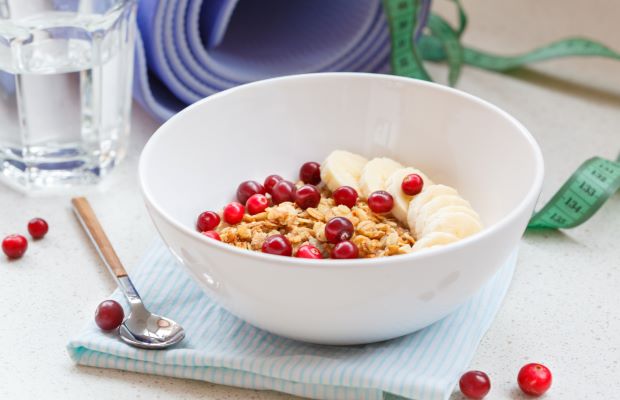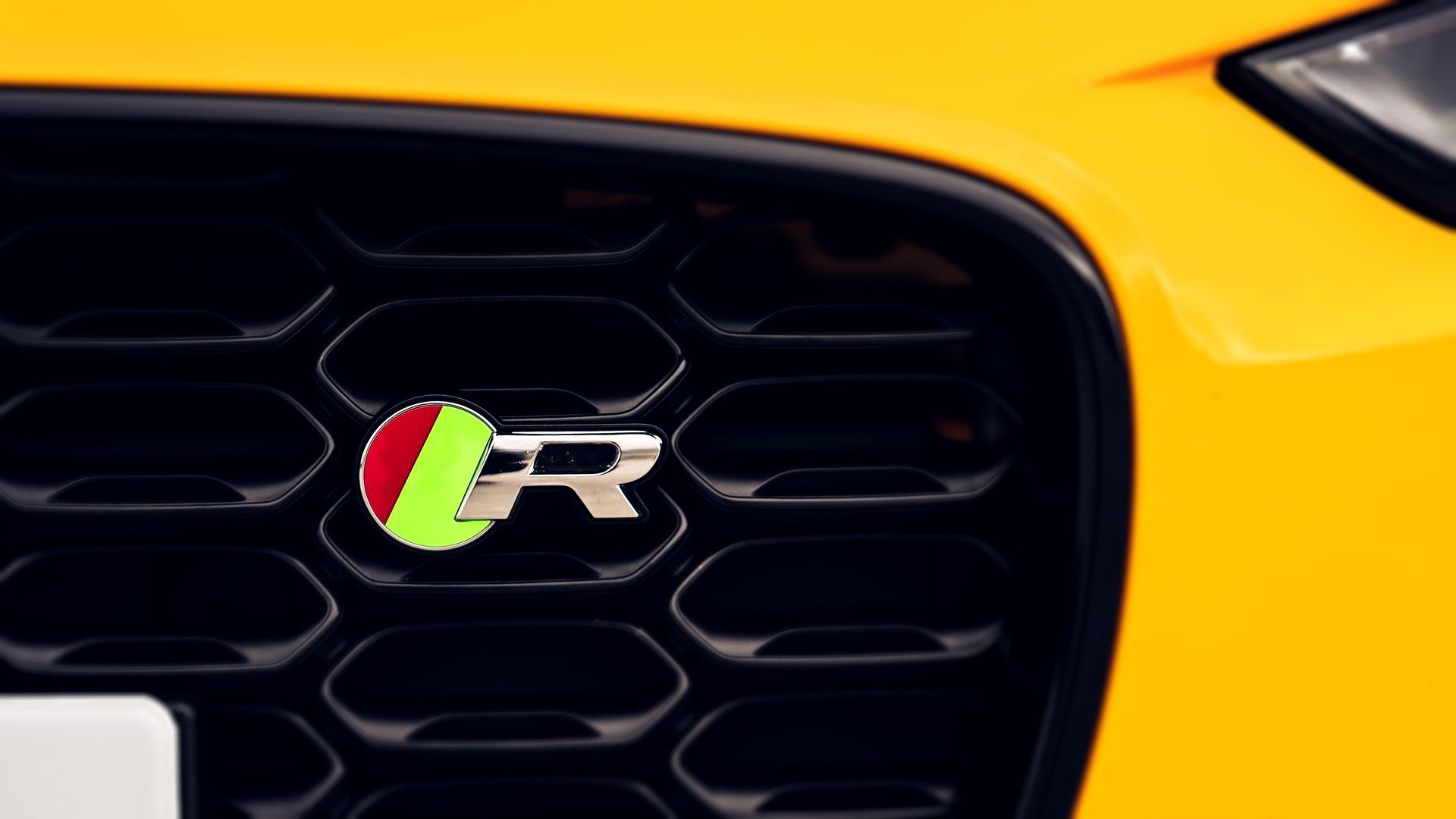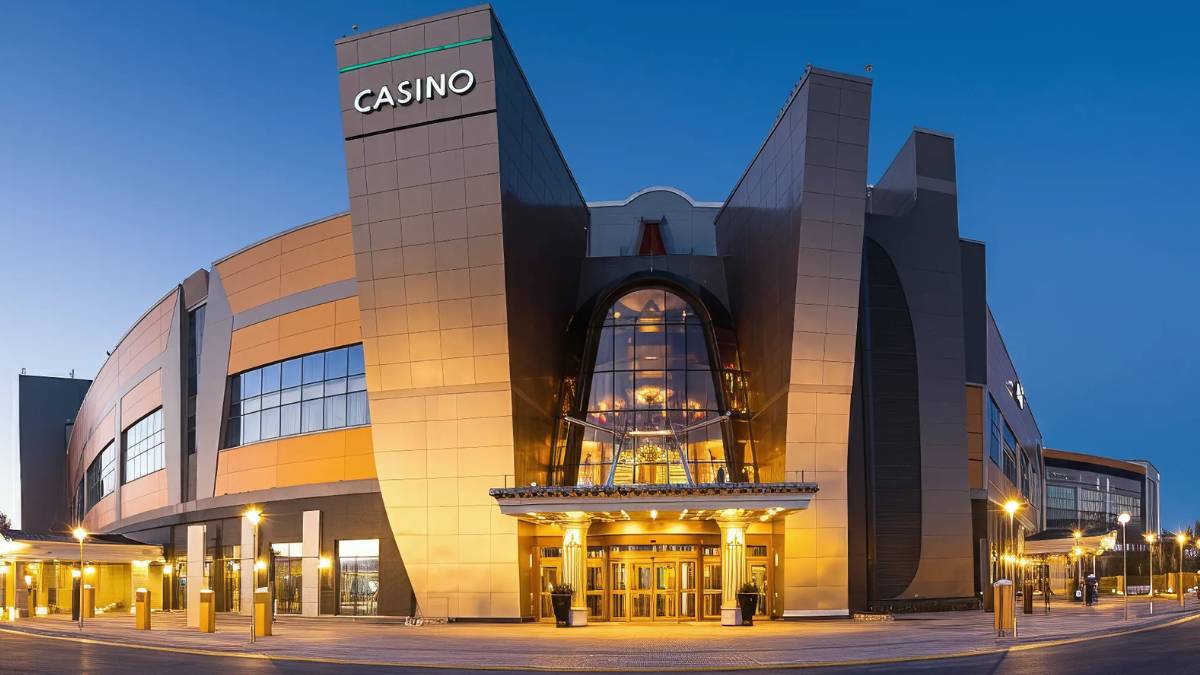Fitness
Food for fitness: what should I eat before a workout?

Our experts explain everything you need to know about sports nutrition, from picking the right foods to fuel your workout, to whether you should exercise before or after eating.
What’s on this page
What is sports nutrition?
Sports nutrition is a specialist area of nutrition that links the food we eat with exercise science and performance. It’s not just for ‘athletes’ who are performing at an elite level.
The basis is eating the right foods to provide the right fuel for both active adults and competitive athletes to perform at their best, and maintain their overall health and wellness.
Do I need to worry about sports nutrition?
To stay fit and healthy, everyone needs the same balance and variety of foods, whatever their activity level. This mean focusing on the five main food groups – carbohydrates such as potatoes, pasta, rice or bread, fruit and vegetables, proteins like meat, fish and vegetarian sources of protein, dairy, healthy (unsaturated) fats plus fluids.
If you do moderate exercise three or four times a week, like a jog or gym session for up to an hour, you don’t need sports nutrition, or any extra or special foods.
If you are doing longer, more demanding exercise, a healthy diet is still the foundation, but the amount you need to eat, especially carbohydrates, will be greater.
If you’re training regularly and need more specific sports nutrition advice, a sports dietitian can help.
Want to get fit and healthy?
Sign up to our fortnightly Heart Matters newsletter to receive healthy recipes, new activity ideas, and expert tips for managing your health. Joining is free and takes two minutes.
What to eat before a workout
Before a workout, choose carbohydrates that are higher in fibre, so they release their energy slowly, and lean protein. For example, if you’re exercising at lunchtime, have a porridge made with low-fat milk and some fruit, or egg on wholegrain toast for breakfast. Or you could have chicken and rice for lunch if you’re exercising in the early evening.

If you’re eating less than an hour before exercise, for example if you’re doing an early morning run or gym session, have a smaller snack that you can digest easily.
Choose something that includes carbohydrates: this could be a banana, or low-fat natural yogurt, crackers with low-fat soft cheese, a smoothie or a glass of low-fat milk. Avoid foods high in fat or fibre, as they take longer to digest and may cause stomach discomfort during exercise.
Should I exercise before or after eating?
If you are exercising for more than an hour you should eat beforehand to get the most from your training, but not too soon beforehand.
What you eat is only useful once it has been digested. So ideally, have a balanced meal two to three hours before working out – a bit longer before is fine too.
You can get away with not eating before an exercise session if it is low-intensity or less than an hour. If you haven’t eaten for a few hours beforehand, it’s important to have a balanced meal soon after (within an hour) to recover and refuel.
For a long exercise session, a recovery meal or snack within an hour of finishing exercise is also a good idea.
Which foods should I eat for fitness?
Carbohydrates
Carbohydrates are your main source of energy. Generally, the harder you train the more carbohydrates you will need. Aim to include higher-fibre carbohydrate foods with every meal.
- Wholegrain breads, rice and cereals
- Brown rice and pasta
- Sweet potato
- Pulses (like beans, peas and lentils)
- Fruits and vegetables
Protein
Protein is essential for the growth and repair of your muscles. Like carbohydrates, aim to include some protein at every meal.
- Lean meats, fish, poultry
- Low fat dairy
- Plant based proteins such as pulses, nuts, seeds, soy and Quorn
- Eggs
Dairy
Dairy is packed with calcium and protein for good bone health. Aim for 2-3 portions a day.
Fats
Fats are an important part of a healthy diet. Choose the healthy unsaturated fats in moderation.
- Unsaturated oils and spreads such as rapeseed, olive or sunflower oil
- Nuts, seeds, olives and avocado
- Oily fish such as mackerel, salmon and sardines
Fruits and vegetables
Fruits and vegetables are packed with vitamins, minerals and fibre to help support your physical activity.
What to read next…

Published December 2021










